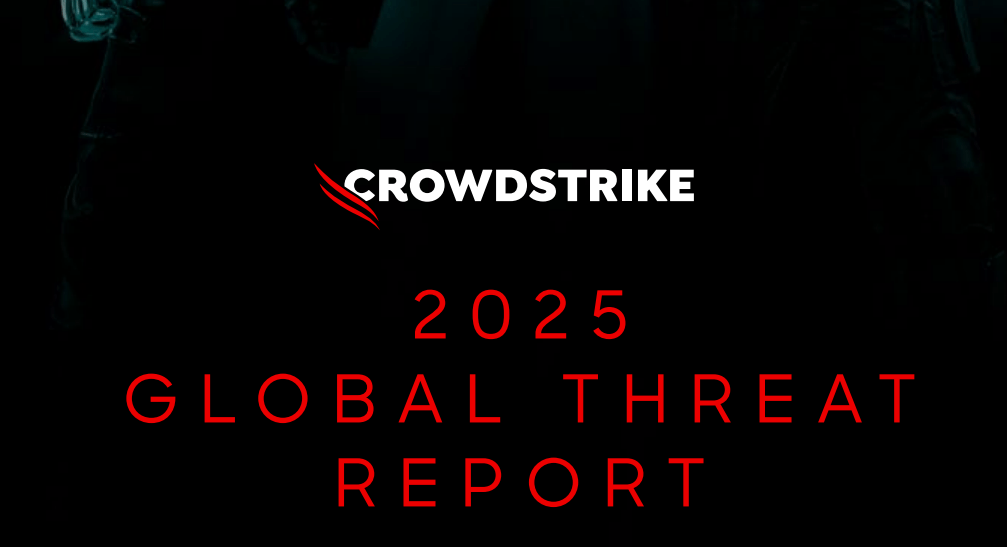Written by Marlyn Tadros*
Speaking to Business Insider, Oracle co-founder Larry Ellison made a startling assertion about the future of artificial intelligence, stating that AI could be used to ensure citizens are “on their best behavior.” While this may sound like a benign or even positive statement, the implications are troubling and deeply concerning. It raises critical questions about privacy, autonomy, and the role of technology in governing human behavior.
At its core, Ellison’s vision reflects a dystopian outlook where AI becomes a tool for surveillance and control. The idea of using AI to monitor and regulate behavior is not new—governments and corporations have already begun deploying AI-driven systems to track, analyze, and influence individuals. However, framing this as a way to enforce “best behavior” is a dangerous oversimplification. It assumes that there is a universal standard of behavior, ignores the potential for abuse, and disregards the fundamental rights of individuals to privacy and freedom.
The Slippery Slope of Surveillance
When AI is used to monitor behavior, it creates a system where every action is subject to scrutiny. This level of surveillance can lead to a chilling effect, where people alter their behavior not out of genuine moral or ethical conviction, but out of fear of being watched or punished. History has shown us that unchecked surveillance often leads to authoritarianism, where dissent is stifled, freedom of speech is curbed, and individuality is eroded.
Additionally, it raises the question of the concept of behavior. Who defines what “best behavior” means? Standards of behavior are not universal; they are shaped by cultural, social, and political contexts. What one group considers acceptable, another may see as oppressive. Handing over the power to define and enforce these standards to AI systems—or the entities that control them—risks creating a society where conformity is valued over diversity, and where marginalized voices are further silenced.
The Threat to Privacy and Autonomy
Ellison’s vision also raises serious concerns about privacy. AI systems that monitor behavior rely on vast amounts of personal data, often collected without consent. This data can be used to build detailed profiles of individuals, predicting not just their actions but their thoughts and intentions. Such invasive practices undermine the right to privacy and create a world where individuals are constantly under the microscope.
In such a case, AI could be used to undermine personal autonomy. It reduces individuals to data points, stripping away the complexity and nuances of human decision-making. It assumes that people cannot be trusted to make their own choices and that they need to be guided—or coerced—into behaving in a certain way. This paternalistic approach is dangerous, to say the least, as it shifts power away from individuals toward those who control the technology and Big Tech.
Ethical AI
Ellison’s comments highlight the urgent need for a broader conversation about the ethical use of AI, even though such conversations are abundant in the Western world. AI must be developed and deployed in ways that respect human rights and dignity for all. This means prioritizing transparency, accountability, and consent in the design and implementation of AI systems. It also means resisting the temptation to use AI as a tool for control and instead harnessing its power to empower individuals and communities.
As we navigate the rapidly evolving landscape of AI, we must remain vigilant against visions like Ellison’s that prioritize control over freedom. The future of AI should be one that enhances human potential, not one that diminishes it. Technology should serve not control all of humanity.

*Digital Democracy Now Article written with editing help from AI





